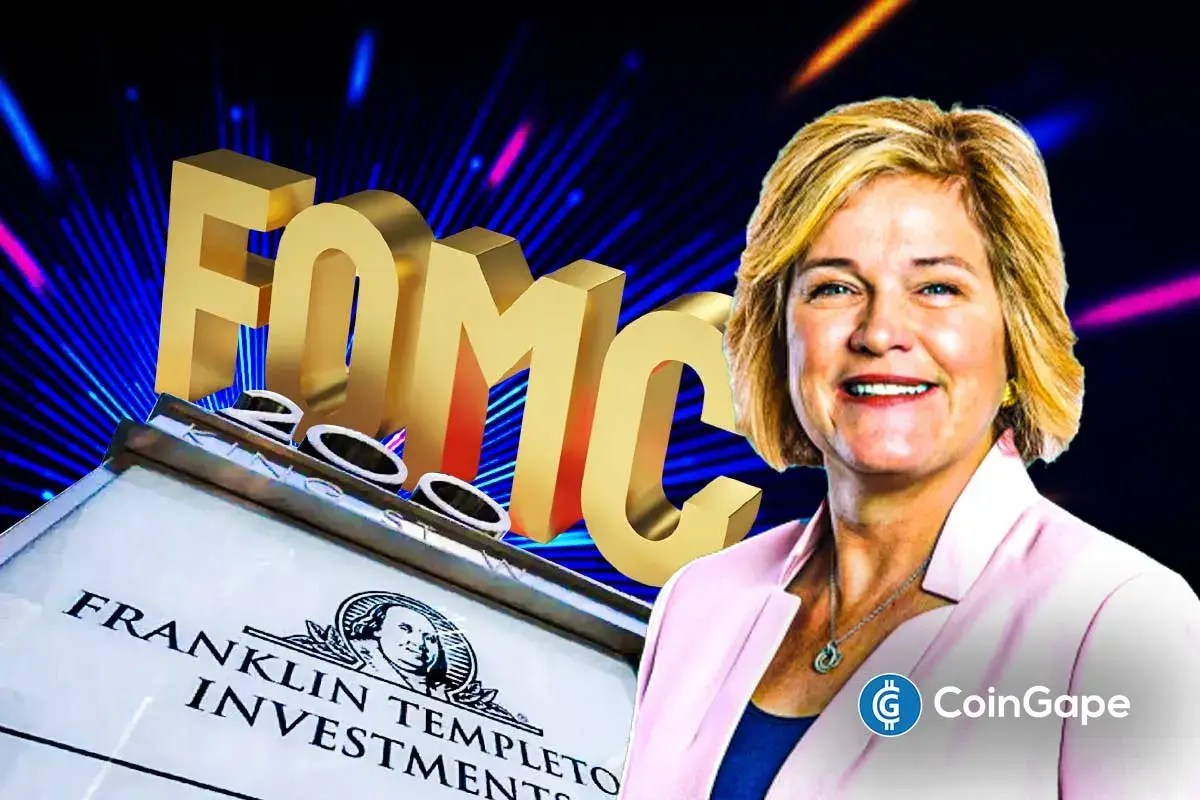Arizona rolls out new rules to curb crypto ATM scams
Arizona has announced that regulations concerning crypto ATMs are set to go into effect this week. The main intention of the regulation will be to tackle scams carried out with the machines. This way, residents and users of the ATMs would have an extra layer of protection when carrying out their transactions.
The scam in question involves the use of crypto kiosks, which allow users to convert cash into Bitcoin and other digital assets. They are often located in some businesses or shopping malls. The scammers just have to use various con methods, including pretending to be a government official, a romantic partner, or gaining trust through deception, before asking them to deposit a large amount of money into one of these crypto ATMs.
Regulations to crack down on crypto ATM scams in Arizona
Arizona has experienced a huge rise in the number of its residents getting scammed through cryptocurrency ATMs over the past year. The number was so high that Attorney General Kris Mayes issued a letter of support to the Yavapai County Sheriff’s Office last November, noting that efforts are being taken to combat the crimes. The AG mentioned that programs such as posting signs on the machines to warn residents that they may be victims of a scam.
AG Mayes, in the letter, urged all business owners in the county to support the Sheriff’s Office in its efforts to stop the loss of thousands of dollars. The AG added that Arizonans have lost millions of dollars in the past year to various scams, with the criminals using the machines as an outlet to receive cash. She mentioned that the criminals prey on elderly folks, noting that “It is truly heartbreaking to hear the stories of individuals who have lost part or all of their life savings to fraudsters.”
In the recent press release about the new law, Mayes celebrated its “commonsense protections” but warned that crypto scams are still something that needs to be urgently addressed. “Last year, Arizonans lost an astounding $177 million in their hard-earned savings to cryptocurrency scammers. This is a good first step, but we need to do even more to protect Arizona seniors from these persistent criminals,” Mayes said.
New regulation will reduce the daily transaction limit
The new Cryptocurrency Kiosk License Fraud Prevention law reduces the daily transaction maximum, increases warnings on the machines, and requires transaction receipts. It also mandates operators of the machines to issue a refund to victims of fraud. The law was sponsored by Rep. David Marshall, R-Snowflake, who told the Senate Judiciary and Elections Committee earlier this year that his constituents would drive to Phoenix to deposit their money in these ATMs only to find their money gone when they got home.
According to the new law, daily transactions will be limited to $2,000 for new users and $10,500 for existing users. Any new user who reports to an ATM operator that they have been a victim of fraud within 30 days of their transaction will receive a full refund. During their crackdown activities last year, YCSO and the AG instructed business owners to put warnings on their machines.
The warnings were similar to those displayed around gift cards at stores due to the rise in that kind of scam, where victims are urged to buy gift cards and send them to scammers. In 2023, Americans lost $5.6 billion to crypto scams, with the majority of victims being the elderly. Crypto thefts have become a worrying concern in the crypto industry.
The smartest crypto minds already read our newsletter. Want in? Join them.
You May Also Like

Franklin Templeton CEO Dismisses 50bps Rate Cut Ahead FOMC

Trump threatening broadcast station licenses — explained
